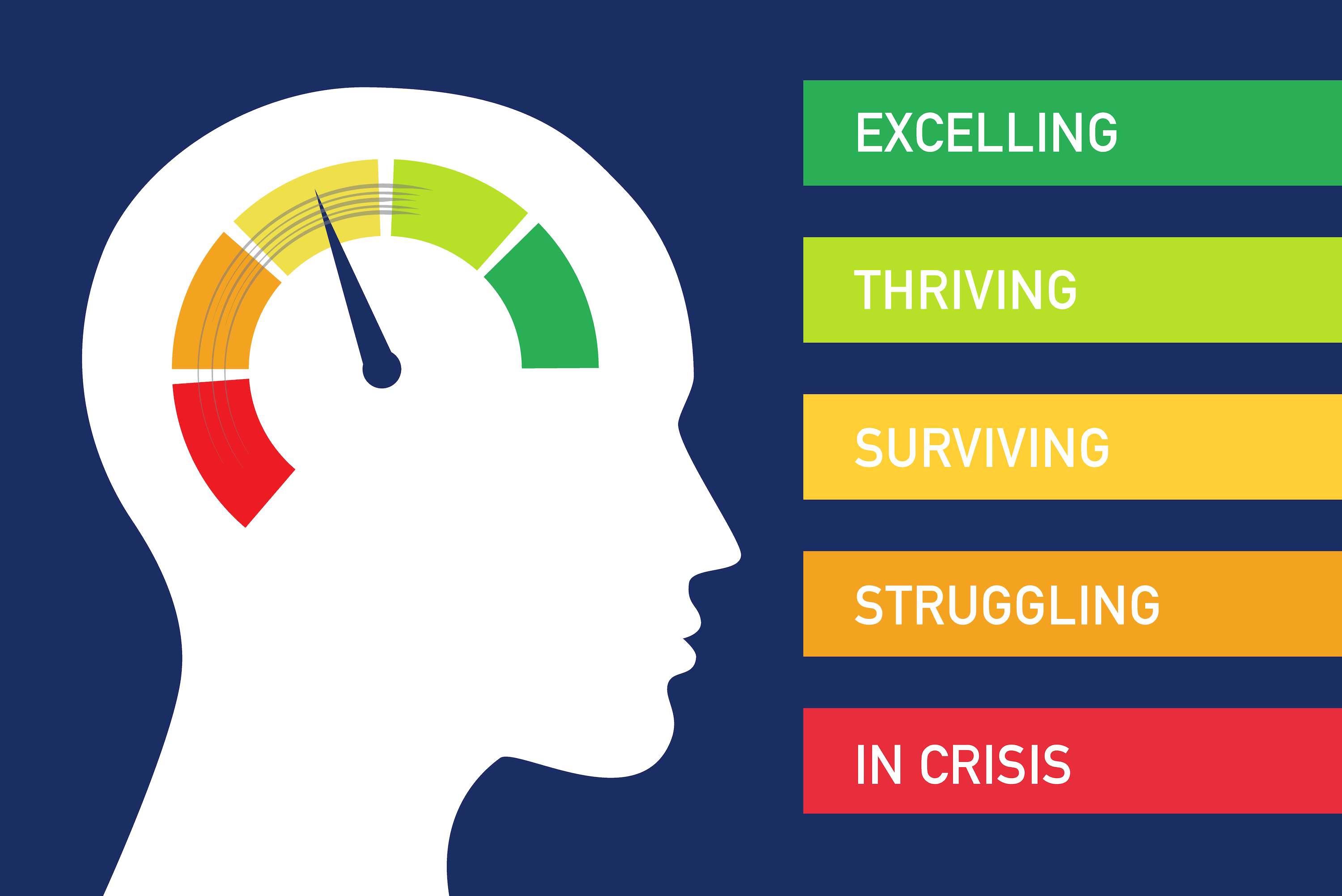Understanding Mental Health Tests: A Comprehensive Guide
Mental health tests play a crucial role in assessing and diagnosing various mental health conditions. This comprehensive guide explores the significance of mental health tests, their types, and how they contribute to overall mental well-being. Dive into the world of mental health assessments to gain a deeper understanding of their importance and impact on individuals' lives.

Introduction to Mental Health Tests
Mental health tests are essential tools used by healthcare professionals to evaluate an individual's mental well-being, identify potential mental health disorders, and determine the most appropriate treatment plan. These tests encompass a range of assessments that help in understanding a person's emotional, psychological, and cognitive functioning.
Types of Mental Health Tests
There are various types of mental health tests designed to assess different aspects of mental health. Some common types include: diagnostic tests, screening tests, personality tests, and cognitive tests. Diagnostic tests are used to diagnose specific mental health disorders, while screening tests are employed to identify potential issues that may require further evaluation. Personality tests provide insights into an individual's personality traits and characteristics, while cognitive tests assess cognitive abilities such as memory, attention, and problem-solving skills.
Significance of Mental Health Tests
Mental health tests are crucial in early detection and intervention for mental health conditions. By undergoing these assessments, individuals can receive timely support and appropriate treatment to manage their mental health effectively. These tests also help in monitoring the progress of treatment and evaluating the effectiveness of interventions. Additionally, mental health tests contribute to reducing stigma around mental health issues by promoting awareness and understanding of these conditions.
Benefits of Mental Health Tests
The benefits of mental health tests extend beyond diagnosis and treatment. These assessments empower individuals to take control of their mental well-being by gaining insights into their mental health status. By understanding their strengths and areas of improvement, individuals can make informed decisions about their mental health and seek the necessary support when needed. Mental health tests also play a preventive role by identifying risk factors and enabling early intervention to prevent the onset of severe mental health conditions.
Challenges in Mental Health Testing
While mental health tests offer valuable insights, they also pose certain challenges. One of the key challenges is the stigma associated with mental health assessments, which may deter individuals from seeking help or undergoing testing. Additionally, the accuracy and reliability of some tests may vary, leading to potential misdiagnosis or inadequate treatment. It is essential for healthcare providers to address these challenges and ensure that mental health tests are conducted in a sensitive and accurate manner to promote positive outcomes for individuals.

Conclusion
In conclusion, mental health tests are indispensable tools in the field of mental health care, providing valuable insights into individuals' mental well-being and guiding appropriate interventions. By understanding the types, significance, and benefits of mental health tests, individuals can prioritize their mental health and seek support when needed. It is essential to destigmatize mental health assessments and promote their importance in maintaining overall mental well-being. Embracing mental health tests as part of routine healthcare can lead to early detection, effective treatment, and improved outcomes for individuals facing mental health challenges.












全部评论